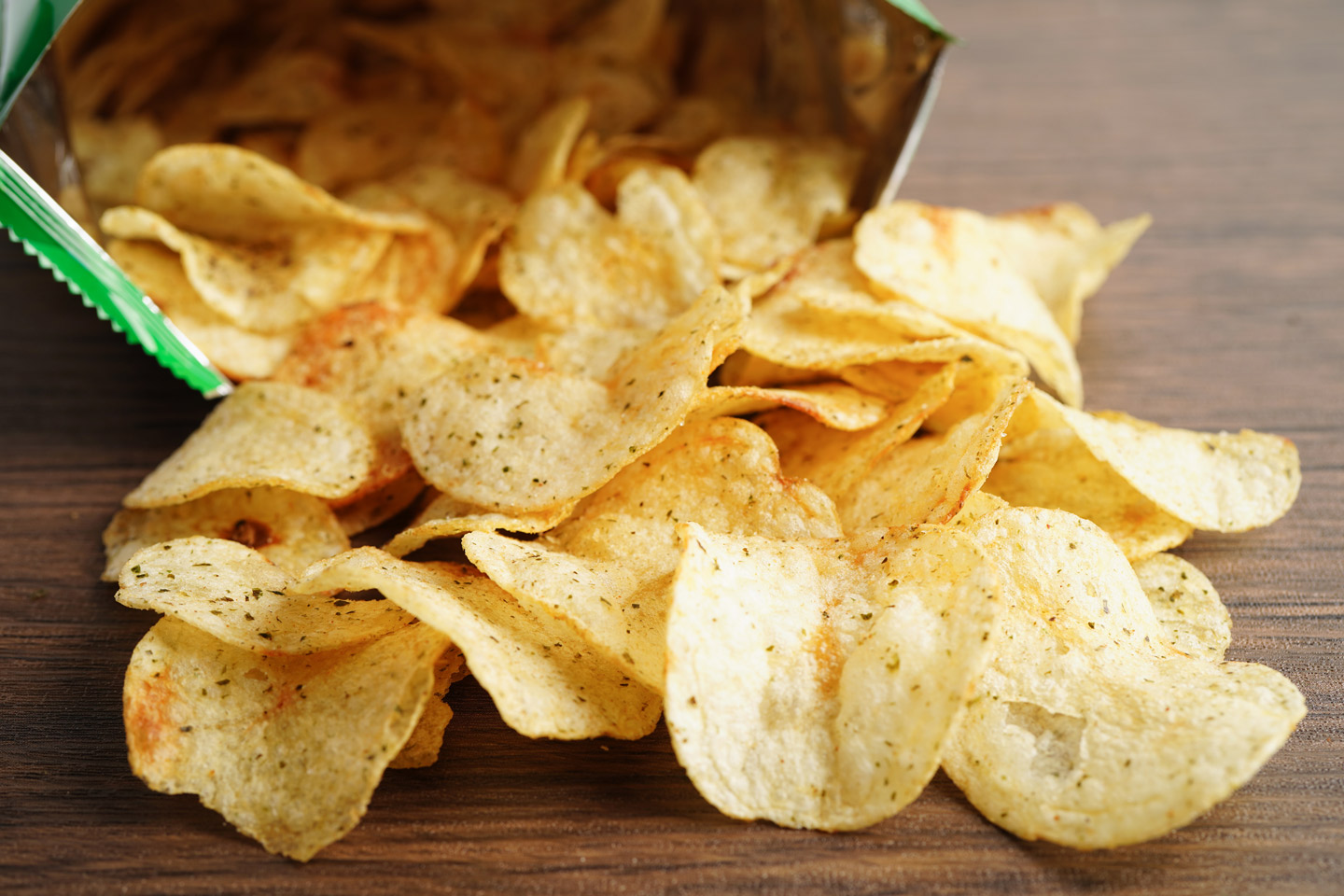
Can I Brush My Teeth Before Oral Surgery?
Understanding Permanent Crowns
Challenges of Eating Chips with a Permanent Crown
Guidelines for Brushing Before Oral Surgery
Guidelines for Eating Chips with a Permanent Crown
Choose Wisely: When the craving for chips beckons, opt for varieties that are less likely to pose a threat. Thin and lightly salted chips are generally softer and may be more gentle on your dental crown compared to their thicker, kettle-cooked counterparts.
Practice Moderation: If the allure of chips proves irresistible, do so in moderation. Consuming smaller amounts diminishes the impact on your dental crown, thereby reducing the risk of potential damage. Overindulgence in hard or crunchy snacks heightens the probability of complications.
Avoid Biting Directly: Rather than biting directly into a chip, consider breaking it into smaller, more manageable pieces. This approach minimizes the force applied to your crown, thereby mitigating the risk of any unexpected damage. Delicate nibbling is a more tooth-friendly technique.
Mindful Chewing: Adopt a mindful approach to chewing, favoring a slower and more deliberate pace. By avoiding the use of excessive force, you become more conscious of the way your teeth come together, minimizing the impact on your dental crown and diminishing the risk of potential damage.
Maintain Oral Hygiene: The cornerstone of any dental care regimen, proper oral hygiene is crucial for the longevity of your dental crown. Regular brushing, flossing, and routine dental check-ups not only preserve the health of your natural teeth but also prevent issues that could compromise the integrity of the crown.
Consequences of Ignoring Guidelines
Chipped or Cracked Crown: The force applied while biting into hard or crunchy foods, such as chips, can lead to visible damage to the crown. A chipped or cracked crown may not provide the necessary protection for the underlying tooth.
Dislodged Crown: Excessive force or trauma can cause a crown to become dislodged. In such cases, prompt dental attention is required to reattach the crown and restore its functionality.
Secondary Decay: Damaged crowns may create spaces where bacteria can enter, leading to decay in the underlying tooth structure. Secondary decay poses a risk to both the crown and the overall health of the affected tooth.
Necessity for Replacement: In extreme cases, repeated damage may necessitate the replacement of the entire crown. This process involves additional time, expense, and potential discomfort for the patient.

